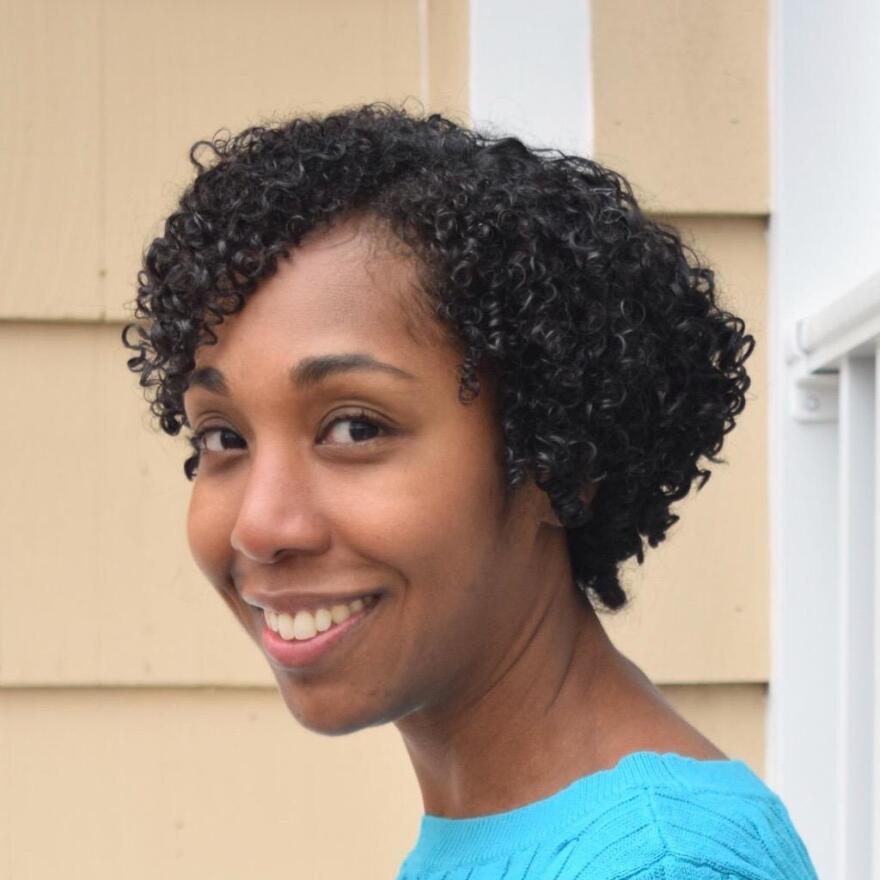COMMENTARY:
Several weeks ago, I led a group of strangers through a workshop aimed at helping people identify and tell their personal stories.
“What do you know about your name?” I asked from the front of a community room at the Beatties Ford library. “What’s the most significant event you’ve experienced in the last five years?” “What do you know about your birthplace?” They considered their memories and shared pieces of their stories with the person seated next to them.
And on that same day 450 miles away at the Tree of Life Synagogue in Pittsburgh, Pennsylvania, 11 people lost their lives in the most brutal fashion. Only days before at a Kroger grocery store in Louisville, Kentucky, two other people also lost their lives. All 13 were victims of hate crimes, their lives stolen because of their faith or their race.
During that storytelling workshop, I helped strangers see themselves and see one another. I gave prompts and asked questions that unearthed the reality that a multitude of stories and layers formed each person in that room. Activists and lovers of words. Family historians and people with humorous memories. Sons and daughters. Lives within — and beyond —classifications and categories.
I could tell you now that in the last few years, this country has experienced an upsurge in the number of people targeted with violence because of their race, ethnicity, sexual orientation or faith beliefs. I could tell you that in the last year alone, we experienced a 17 percent rise in hate crimes. All this is in a country that prides itself on teaching our children to repeat words about liberty and justice for all.
I could tell you that liberty is lacking and justice can be but a dream.
Instead, though, I want to point out the truth that hate crimes resulting in murder don’t just rob their victims of their lives. These crimes seek to steal the memory we the living have of those now gone.
Beyond the violence of physical death, these murders reduce victims to mere aspects of themselves. They are primarily remembered as having died because of the color of their skin or because of their faith. A black person. A Jewish person.
During my library workshop, I explained to a room of strangers that our stories should not be simplified to a singular detail. Stripping a person of their multi-faceted attributes and qualities takes dignity from that life. Each of those 13 victims had places of origin and places they called home. Each of those 13 victims had stories about their experiences, their families, and their lives.
As the weeks have passed, the reality of these 13 people gone because of hate crimes remains with us — even as we grapple with the new horrors of the more recent mass shooting in California. Perhaps now, more than ever, it matters that we value the complexity of human beings: the facets and pieces and moments that shape a person.
Perhaps, this can be a type of protest against a hate that snuffs out human life and wants to simplify a person’s memory. To continue to speak of people’s many stories with even the shallowest breath or the slightest guttural sound, this is to continue to believe that violence cannot rob a human being of the life they fully lived.
Patrice Gopo is a Charlotte writer and author of All the Colors We Will See, an essay collection about race, immigration, and belonging.

